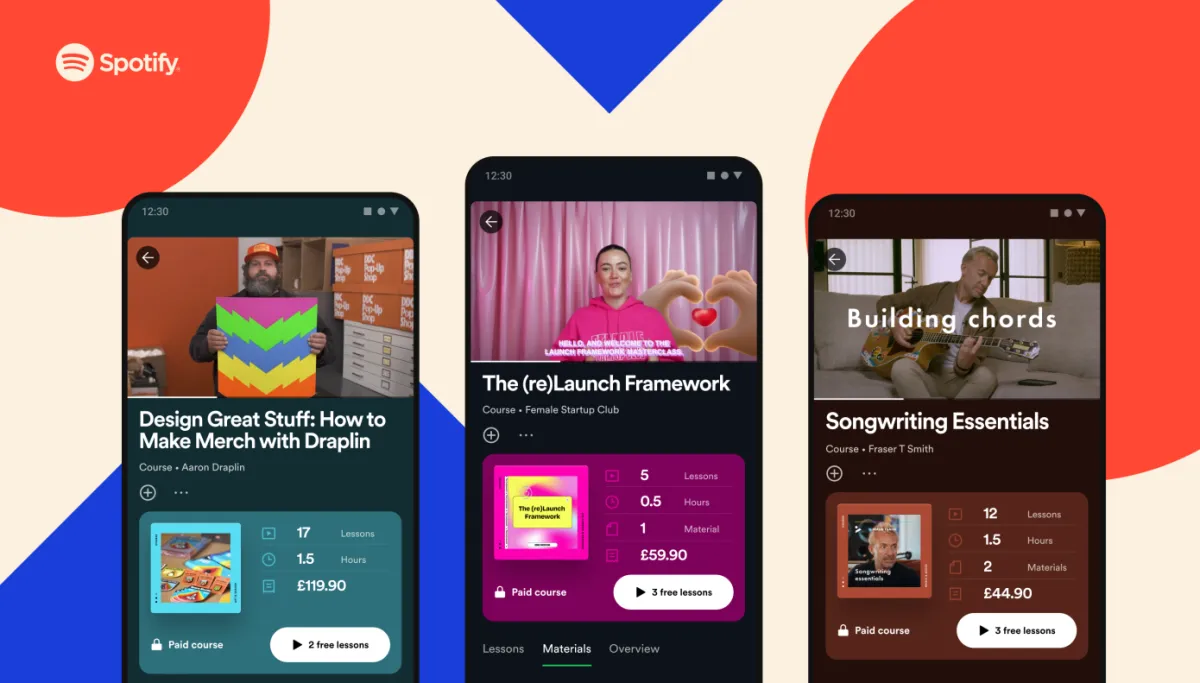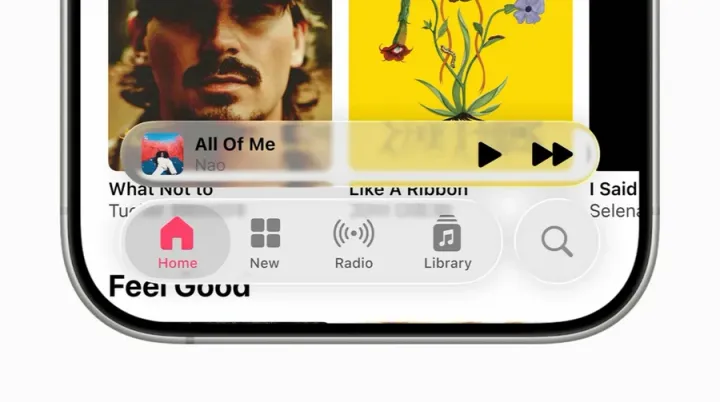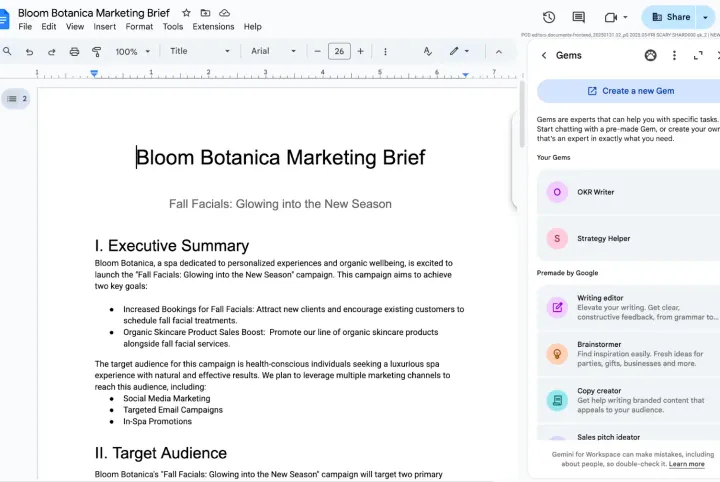Spotify's move into the online education market could be a way to increase user engagement and revenue
Spotify is testing a new feature that offers freemium video courses on a variety of topics, including music production, Excel, and creating online learning lessons.

Spotify is testing a new feature that offers freemium video courses on a variety of topics, including music production, Excel, and creating online learning lessons.
In a strategic move to enhance user engagement and monetization, Spotify, a leading music streaming service with over 600 million users, is expanding its content offerings to include e-learning. This initiative builds upon the platform's existing success with music, podcasts, and audiobooks.
Spotify is piloting a new online education program in the U.K. This initiative involves offering freemium video courses developed collaboratively with established educational partners such as BBC and Skillshare. The program offers a tiered pricing structure, with at least two introductory lessons provided at no cost. The remaining course content will be available for purchase, with prices ranging on average from £20 to £80. Notably, these fees will be consistent for both free and premium Spotify users at this stage of the trial.
Mohit Jitani, the London-based product director for the education business, said in an interview that pricing choices were part of what it’s testing before considering how to roll out more widely. “With this launch, we’re trying to understand the demand first,” he said. “Then we optimize how we can make it more compelling and exciting.”
To ensure accessibility, the new e-learning content will be prominently featured within the Spotify platform. Users will be able to locate the courses through dedicated "Courses" sections within both the home and browse tabs. Additionally, the program will be available on both desktop and mobile platforms, accessible via the Spotify web interface and mobile app.
The course library itself aims to occupy a niche between existing online learning platforms. The video-based instruction spans a broad range of topics, encompassing everything from music production to software tutorials like Excel. Interestingly, the curriculum even includes courses designed to teach users how to create online learning content themselves, potentially fostering a community of "education creators" within the Spotify ecosystem.
The decision to focus on on-demand video courses aligns with the current landscape of the online learning market, valued at over $315 billion in 2023. This established market includes numerous platforms offering interactive content and diverse learning formats. While some competitors aspire to become the "Spotify for education," Spotify's initial foray emphasizes readily consumable, pre-recorded video lectures.
While some courses may include additional materials like documents, the emphasis lies on content delivery rather than interactive elements like quizzes or gamification features. Mohit Jitani, the product director, declined to comment on potential future plans for incorporating interactive components or gamification strategies, leaving the possibility of such additions on the horizon but not confirmed within the current program design.
Spotify's initial course offerings leverage partnerships with established educational providers:
- Skillshare caters to the creative community.
- PLAYvirtuoso specializes in music industry education.
- BBC Maestro offers high-caliber courses reminiscent of MasterClass.
- Thinkific empowers users to transform their newly acquired skills into online learning content.
Mohit Jitani, the product director, emphasizes a curated approach to course selection. This curation will be data-driven, considering user behavior on the platform, including listening habits and search queries. The scope of potential topics appears vast, encompassing a diverse range beyond the literal "breadth" implied by the source material.



